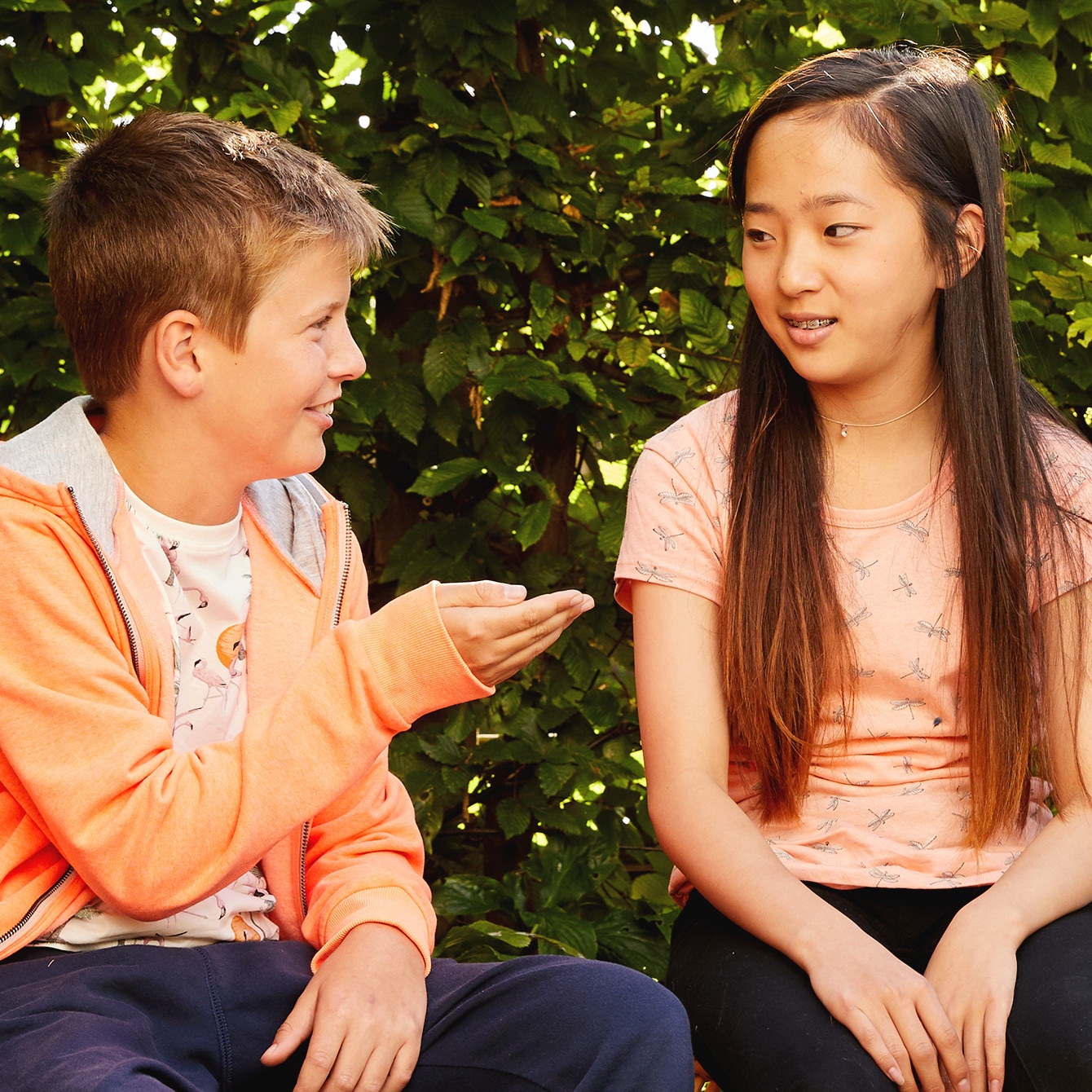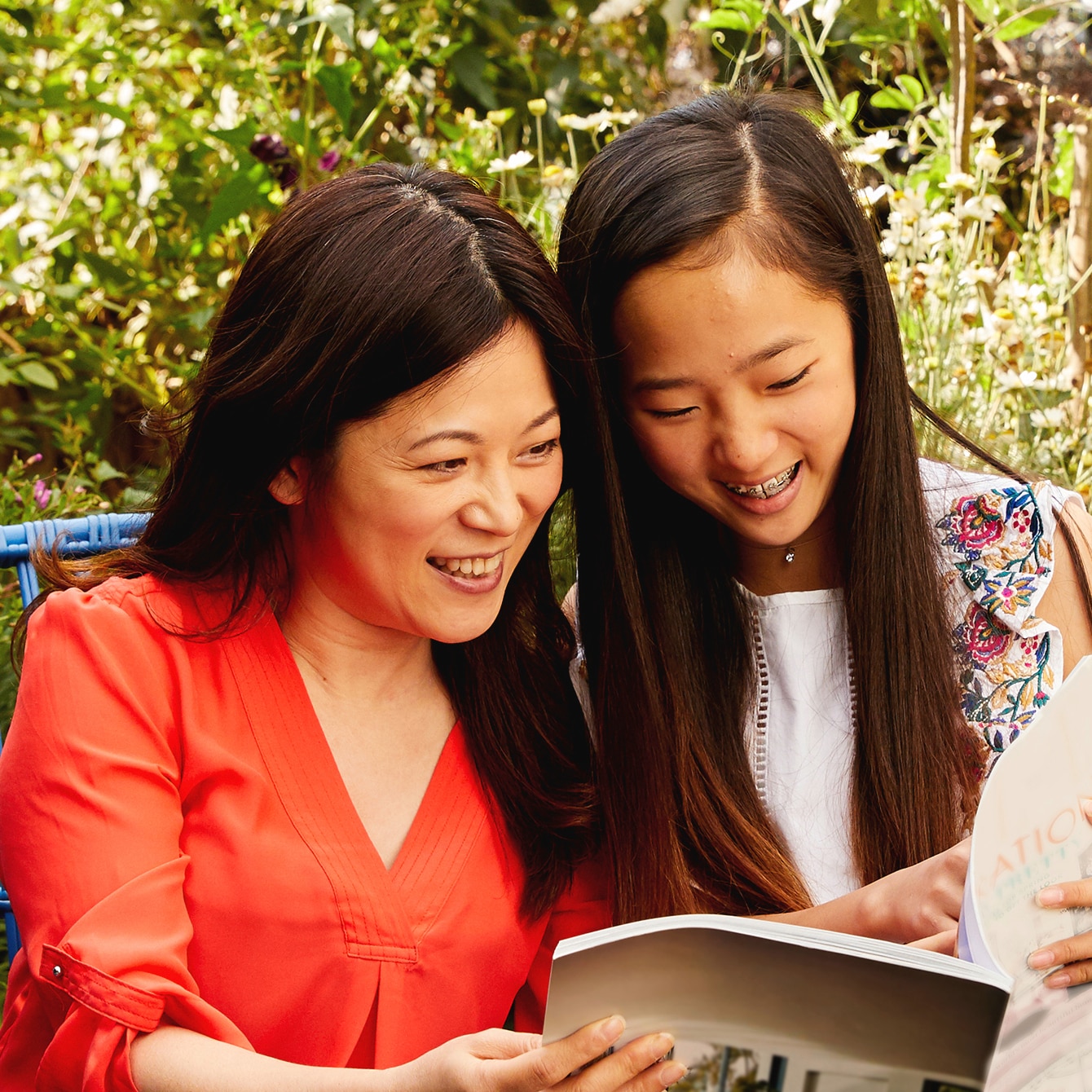Keeping up with young people on social media today can be daunting for parents, especially when young people change their social networks and profile pictures as often as their socks.
We spoke to experts, parents and young people themselves to pull together useful advice to help you navigate your child's online universe, and also bring them back down to Earth.
Equipping your child to deal with the online world
Accept that you're never likely to be ahead of your child on technology and focus on social media risks instead. The most important resources to help them handle today’s challenges are the same ones parents have always needed to give their children:
- Self-confidence
- Self-purpose
- A realisation that the world doesn’t revolve around them; they have to be prepared to give as well as take
Make time to talk
Talk to your child about what’s going on in their life – both online and offline – and anything that's bothering them. Listen attentively and respond honestly.
Share your social media experiences
Discuss the role of digital technology and social media in both your lives. What does your child love about them and what do they find scary? Talk about your own use of technology as well. If you’ve ever felt undermined by social media, explain how it felt and what you did about it.
Balance the online and real worlds
Help your child enjoy rich real-life experiences alongside their busy online life. If social media is to help boost rather than undermine your son or daughter’s self-esteem, they're going to have to achieve in the real world – so getting them out into it is vital.
Keeping social media private
Research shows that teenagers are figuring out ways of keeping their details and posts private on social media, but it’s worth checking that your child is fully aware of privacy settings and is using them.
Offer help if needed, especially for younger teens
Point out that ‘public’ is the default setting because it’s more lucrative for the company behind the social network. It’s much safer for your child to use privacy settings that allow them – and you – to decide who can and can’t see the pictures and messages they post.
Even when your son or daughter is using privacy settings, encourage them to think carefully before posting anything. Urge them to stop and think before writing a message or posting a picture anywhere on the internet or a social network. Would they be happy for a grandparent or neighbour to see it? How about a teacher, potential employer or future partner? Remind them that even if it appears to disappear, anything put online is forever.
Instead of rushing to post as a ‘reaction’ to something, it’s often best to take a deep breath. A pause will give them time to respond intelligently, or decide not to respond at all. Far better for them not to react than to post something they might later regret.
Do members of your family spend a lot of time online and using digital devices? You might find it helpful to discuss your family's usage and develop some shared social media rules.


